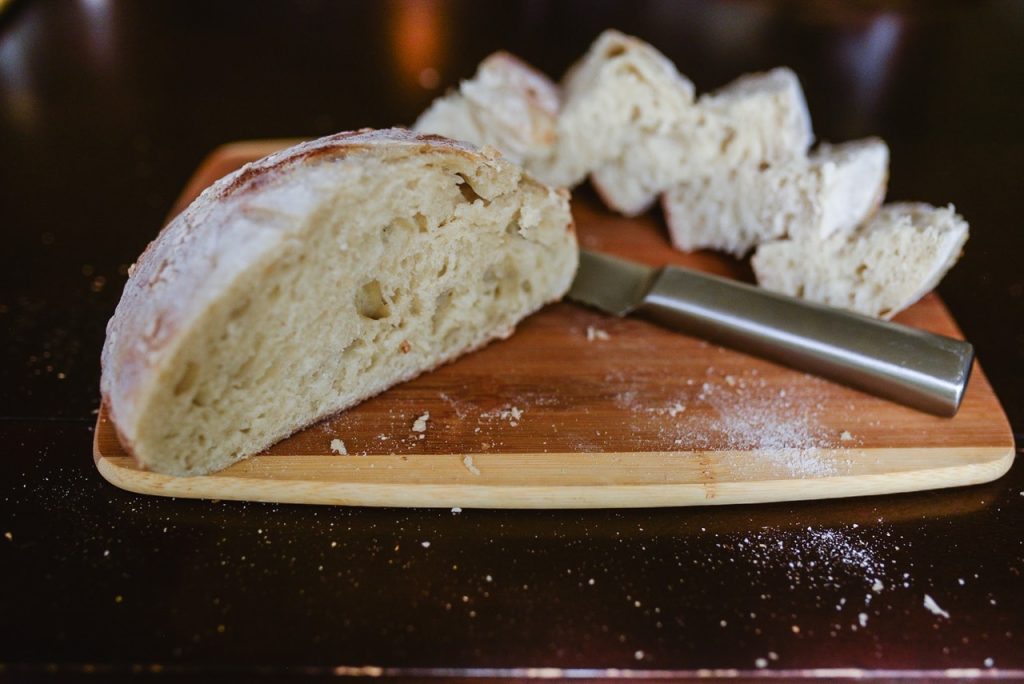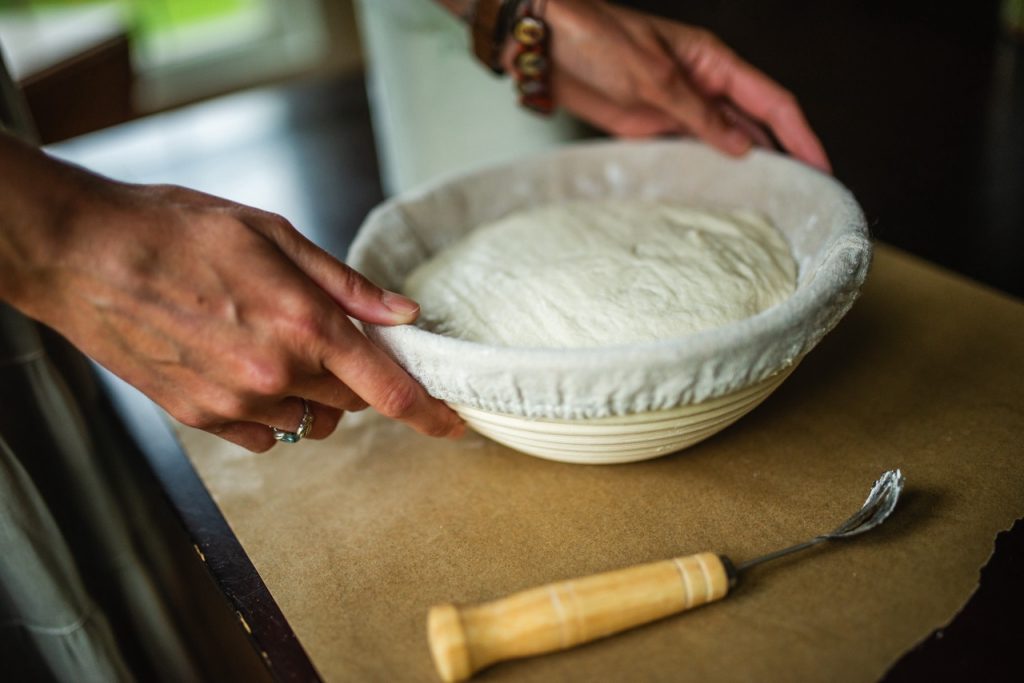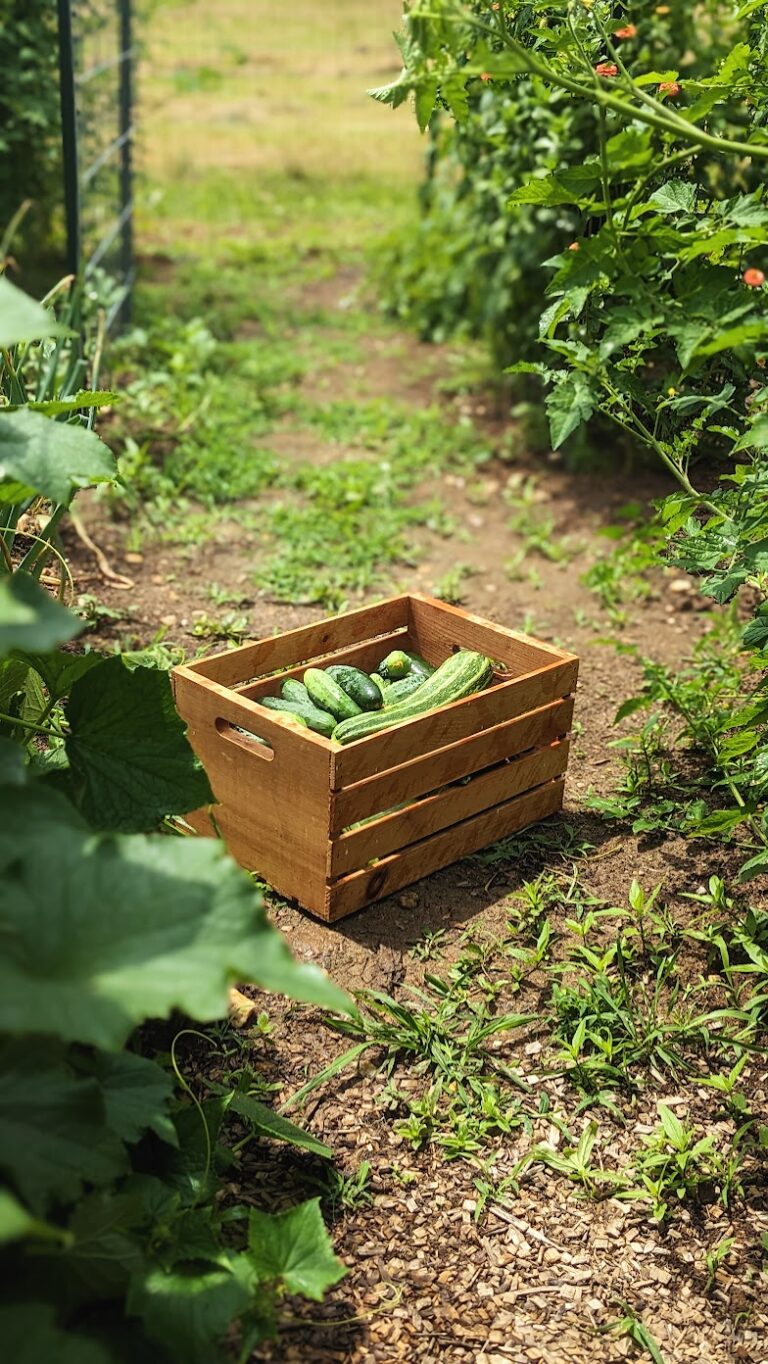Is Long-Fermented Sourdough Bread Actually Gluten-Free?
I’ve had lots of questions about my breads especially since we started selling our 3-day long-fermented sourdough breads at our local farmer’s market. Surprisingly, there are many people who can tolerate and enjoy my 3-day long-fermented sourdough bread even though they are very sensitive to gluten (although they are not celiac, see more on this below). This is the driving force behind why I love baking bread. I personally couldn’t have “regular” bread for years, so I understand the liberating feeling when you finally find a product that actually tastes good and also does good things for your body.

Is Sourdough Bread Actually Gluten-Free?
The short answer is no, sourdough and long-fermented sourdough are not actually 100% gluten-free. However, many studies reveal that the phytic acid, anti-nutrients, and gluten proteins do break down significantly after a long-fermentation period. In one study, 72 hour fermented sourdough reduced the FODMAP content by 91%. FODMAPs are components in various foods that can cause digestive distress for people, and gluten/wheat products are included in the list of FODMAPs. So although the gluten specifically wasn’t measured, this study showed that sourdough fermentation helps to break down the potential inflammatory instigators regardless of the type of sourdough fermentation.
Is Sourdough Bread Inflammatory?
In general, sourdough bread is less inflammatory compared to other types of standard store-bought breads. This is because store-bought breads contain preservatives, additives, commercial yeast, and are often made with enriched wheat flour. On the contrary, sourdough bread made with unbleached, unenriched flour contain minimal ingredients: wild yeast, flour, water, sea salt, and (optional) honey. Therefore, the fermentation itself is doing the bulk of the work to bring the flavor, texture, and nutritional value to your bread rather than external additives.

What is Long-Fermentation & Why is it Better?
Long- fermentation has to do with the process of letting the sourdough rise on its own over a longer period of time so that the wild yeast can eat up the anti-nutrients like phytic acid and gluten in the wheat flour. When bakers refer to “long-fermentation”, sometimes they mean letting the dough prove for 24 hours, but others, including myself, are referring to fermenting the dough for up to 3 days in the fridge. This makes the final bread product more digestible and even many people who have sensitivities to gluten can often tolerate long-fermented sourdough without any health repercussions.
If you have a chronic illness and you are on a specific elimination diet, all grains might need to be removed for a time. However, there are many natural and functional medicine practitioners who put their patients on an elimination diet while still allowing sourdough bread as a viable option.
What are Anti-Nutrients & FODMAPs?
“Anti-nutrients” are compounds in various grains and legumes that help plants to fight herbivores and act as a defense against microbial pathogens. However, when humans ingest these foods, they can bind to nutrients in the human body, thus taking away important nutrients that we might need. Other anti-nutrients (like in cassava when eaten raw) are actually toxic to humans and should not be consumed at all unless fermented first.
This is why it was very common in past generations to soak your beans and nuts for a period of hours before consuming them because this greatly reduced the anti-nutrient content in the grains and legumes. Although our ancestors didn’t necessarily know the science behind it how we understand it now, they had the generational wisdom passed down to them to know exactly how to prepare these foods correctly. We also can return to this wisdom through soaking and sprouting our grains, as well as long-fermenting bread.
FODMAPs (or Fermentable oligosaccharides, disaccharides, monosaccharides, and polyols) are compounds in various carbohydrates and sugars, but not all carbohydrates contain high amounts of FODMAPs. These foods can cause symptoms in people with IBS, SIBO, or both. FODMAPS pull water into the intestinal tract, which means that they may not digest or absorb well. They can then ferment by bad bacteria in the intestinal tract when eaten in excess, which causes bloating, nausea, and diarrhea. Many natural doctors put their patients on a low-FODMAP diet for a period of time. This short-term diet can help to reduce symptoms by limiting foods that are high in fructose, lactose, fructans, galactans, and polyols. This diet will also limit fiber as some high fiber foods are also high in FODMAPs and are not as easily digestible. Not everyone reacts to all FODMAPs to the same degree.

How Does Sourdough Actually Break Down Gluten & Anti-Nutrients?
Antioxidant peptides release during fermentation “which increases the amount of phenols and antioxidant activity by acidification and hydrolysis of more complex and glycosylated forms” according to this study. In layman’s terms, if you ferment the bread dough for longer (around 72 hours), then the antioxidant activity increases up to 83% to 91%, helping to break down potentially harmful anti-nutrients that give people digestive issues. Likewise, fermentation removes peptides in the bread commonly associate with intolerance to grain and wheat products regardless of the type of fermentation. This is significant because many studies show that certain types of fermentation with particular strains of bacteria have varying levels of success in breaking down FODMAPs including gluten. Therefore, seeing results regardless of the type of fermentation shows that long-fermentation can still have benefits even if the strains of bacteria (which vary greatly among households) differ.
How Does Long-Fermentation Change the Bread Dough?
According to the 72-hour fermentation study, “sourdough fermentation used in bread making improves the nutritional value and antioxidative properties of bread, as well as its taste, aroma, texture and stability, and finally the bioaccessibility of its elements.” Another study concluded that “sourdough fermentation improves nutritional properties of wheat bread by removal of anti-nutritive factors and by altering the digestibility of macronutrients.”

Can People with Celiac Eat Sourdough?
People who have celiac disease should consult their doctor and use extreme caution when trying out long-fermented sourdough. This is because those who have celiac have damage to the actual villi of the gut lining. Changing the quality of the bread (as in long-fermentation) may make bread more tolerable for some, but it still may cause a reaction due to the physiological nature of the disease. However, for those with NCGS (non-celiac gluten sensitivity), long-fermented sourdough may be a good option for you.
How do I Make Long-Fermented Sourdough?
Start out with a long-fermented sourdough bread loaf or long-fermented focaccia bread. These two recipes are a staple in our household and are a good way to see if you can tolerate long-fermented sourdough in lieu of other more inflammatory breads.

References
- Pejcz, E.; Lachowicz-Wiśniewska, S.; Nowicka, P.; Wojciechowicz-Budzisz, A.; Spychaj, R.; Gil, Z. Effect of Inoculated Lactic Acid Fermentation on the Fermentable Saccharides and Polyols, Polyphenols and Antioxidant Activity Changes in Wheat Sourdough. Molecules 2021, 26, 4193. https://doi.org/10.3390/molecules26144193
- Tovar, L.E.R.; Gänzle, M.G. Degradation of Wheat Germ Agglutinin during Sourdough Fermentation. Foods 2021, 10, 340. https://doi.org/10.3390/foods10020340
- https://www.researchgate.net/publication/340586839_Food_Fermentations_for_improved_digestibility_of_plant_foods_-_an_essential_ex_situ_digestion_step_in_agricultural_societies
- Menezes, L. A. A., Molognoni, L., de Sá Ploêncio, L. A., Costa, F. B. M., Daguer, H., & Dea Lindner, J. D. (2019). Use of sourdough fermentation to reducing FODMAPs in breads. European Food Research and Technology, 245(6), 1183–1195. doi:10.1007/s00217-019-03239-7
- Gobbetti, M., De Angelis, M., Di Cagno, R., Calasso, M., Archetti, G., & Rizzello, C. G. (2018). Novel insights on the functional/nutritional features of the sourdough fermentation. International Journal of Food Microbiology. doi:10.1016/j.ijfoodmicro.2018






